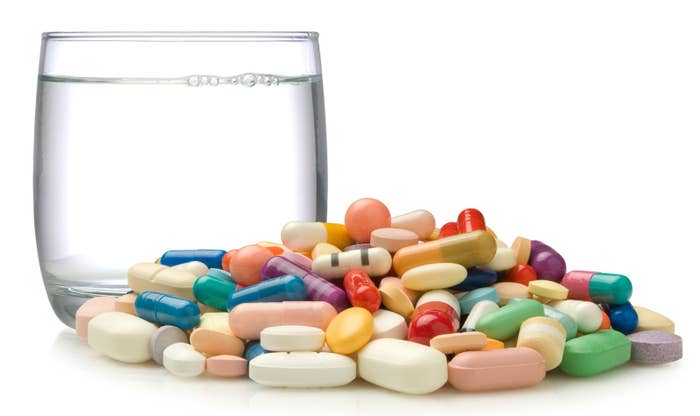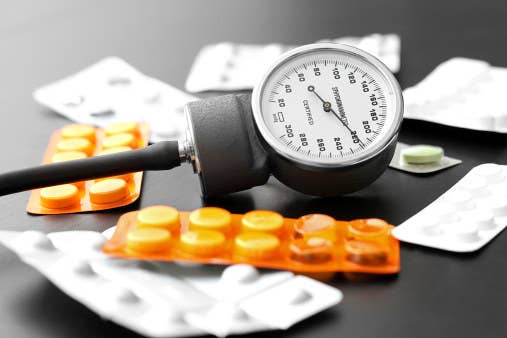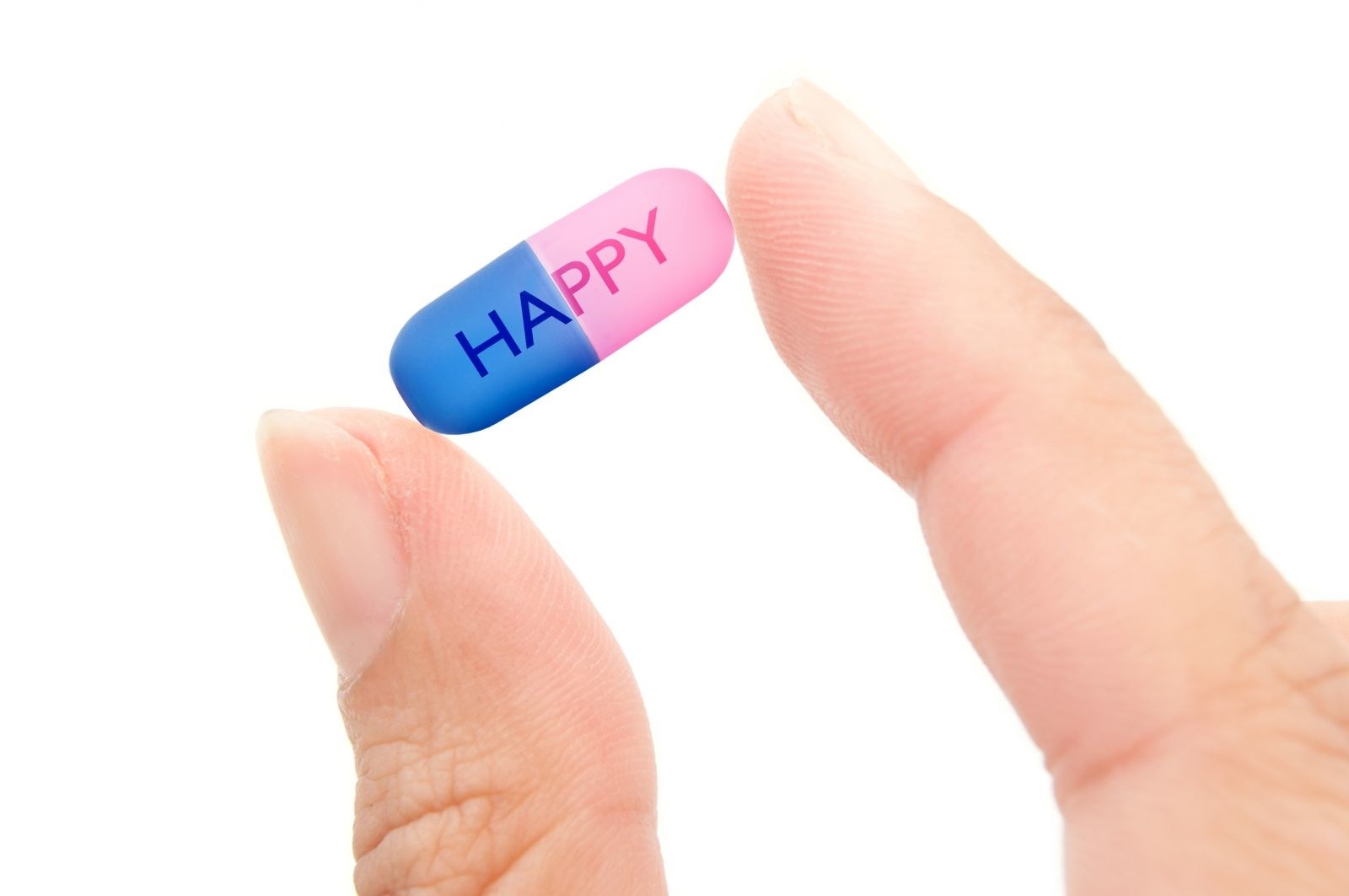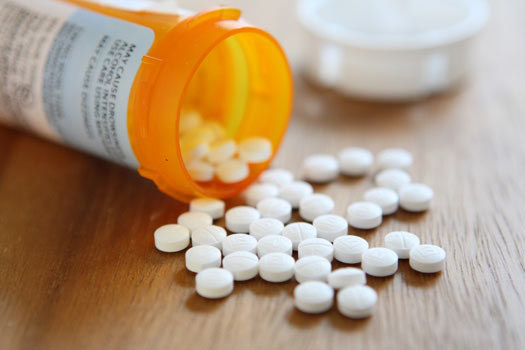
Many medications can affect your oral health. In addition to prescribed and over-the-counter drugs, vitamins, minerals, and herbal supplements can also cause oral health issues that range from dry mouth to inflamed gums to taste alterations and bone loss. Consider the following five medications recommended by dentist, that could be damaging your oral health:
High Blood Pressure Medications

If you have high blood pressure, your medical doctor may prescribe calcium channel blockers to help control it. However, that can have a side effect of sore, swollen gums that can be disturbing if you don't expect it. Antihypertensive medications, usually prescribed for treatment of high blood pressure, can cause overgrowth of the gums in people who are susceptible. If this condition is not addressed with your dental professional in the early stages, it will make dental cleanings much more difficult, thus enabling plaque to accumulate. This can lead to gingivitis that can lead to destruction of supporting tooth structure, causing teeth to loosen and, possibly, fall out.
Antidepressants

Individuals taking antidepressants can experience serious dental side effects. Patients treated with antidepressant drugs may experience a dry mouth. Patients with a dry mouth may complain of associated dryness of the lips and throat, oral soreness or burning, altered taste sensations and halitosis. They may find chewing, swallowing and speaking difficult. The risk of candidosis is increased.
Antacids
For proper digestion, your stomach needs a certain level of acidity. If you take antacids too often or in high enough doses, your body can react by producing more acid than normal. Too much acid can lead to more heartburn. In their attempt to block the acid production, antacids can inhibit the absorption of calcium and protein both vital components for improving the strength of your teeth and jaw. Antacids are also often full of sugar and the chewable ones can get stuck in the crevices of your teeth. This type of prolonged exposure can contribute to cavities.
Pain Medications

Patients with chronic pain are especially prone to periodontal disease and losing teeth due to dry mouth brought on as a side effect of pain medications. Opioids, which are sometimes prescribed by your physician to treat pain, are also guilty of causing dry mouth and the consequent erosion of tooth enamel.
If you’re undergoing orthodontic treatment and the common pain-killer Aspirin can intervene with your treatment by causing teeth to move over time. Aspirin can also cause bleeding gums. If you take regular pain medication, you can help curb dry mouth and consequential tooth decay by increasing your daily water intake by drinking at least eight to ten glasses of water a day.
Antihistamines
Antihistamines block histamine receptors to prevent allergic reactions. However, this same effect happens in other areas of the body, including the mouth and tongue. Antihistamines block the release of saliva, which results in dry mouth. Antihistamines can also lead to cavities, discoloration and tooth erosion. Decongestants are another common treatment for allergies and the common cold which can also create dry mouth. Cough syrups create another level of damage to the teeth in that they’re highly acidic, which, like antihistamines, can lead to tooth decay and discoloration.

